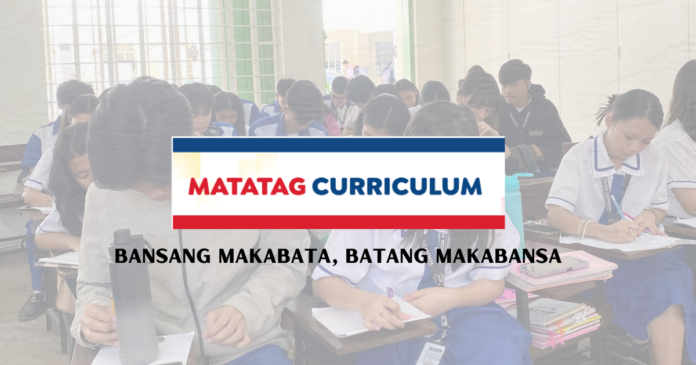Launched by the Department of Education (DepEd) in 2023, the Matatag Curriculum aims to address persistent issues in the Philippine education system. It simplifies the K-10 curriculum by focusing on five key competencies: language, literacy, mathematics, good manners and right conduct (GMRC), and patriotism (Makabansa).
The curriculum seeks to reduce cognitive overload on students, allowing them to master core subjects without feeling overwhelmed. Its phased rollout starts in School Year 2024-2025, with full implementation expected by SY 2027-2028. This transition aims to provide Filipino students with a more streamlined, less stressful learning experience.
One of the primary objectives of the Matatag Curriculum is to decongest learning by removing or shifting topics that are not suitable for certain grade levels. This restructuring aims to ensure that students develop essential competencies in literacy, numeracy, and values like nationalism at the appropriate stages of their education.
By emphasizing foundational skills, the curriculum aims to provide students with a solid base that can support more advanced learning in later years.
However, the curriculum has faced criticism, particularly from the Alliance of Concerned Teachers (ACT). One major concern is the lack of meaningful consultation with educators, students, and parents. ACT argues that the top-down approach to its development fails to reflect the realities faced by those directly involved in education.
The group also warns that the curriculum could increase teachers’ workload by 30%, adding more students and classes to manage, which could worsen the existing shortage of classrooms and resources. This added pressure on teachers could ultimately affect the quality of education provided to students.
Additionally, ACT contends that the curriculum is not evidence-based and does not address pressing issues relevant to Filipino society, such as food security, local industry development, and the country’s historical context. They argue that the curriculum is more aligned with global, rather than local, needs, promoting foreign interests over the nation’s priorities.
These concerns highlight the tension between education innovation and the need for reforms that are truly inclusive and relevant to the needs of Filipino students and educators.
While the Matatag Curriculum seeks to improve the system, it must also ensure that reforms reflect local realities and priorities for lasting positive change.



